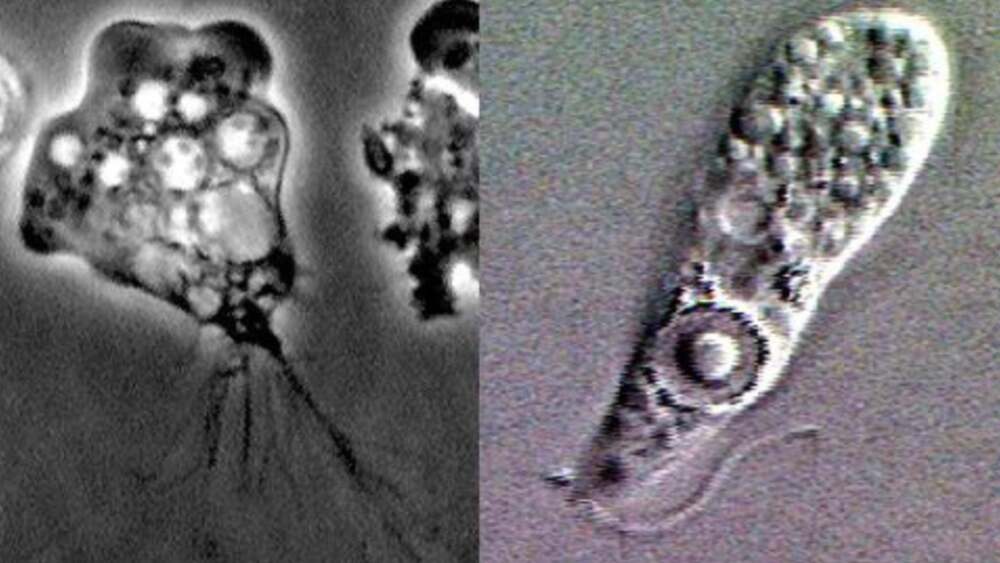A Missouri resident has been hospitalized after contracting a rare and deadly infection caused by a microscopic organism known as the “brain-eating” amoeba. Health officials say the individual had recently been water skiing on the Lake of the Ozarks before symptoms appeared.
What Happened
The patient began feeling unwell within days of their lake outing and is currently receiving intensive medical treatment. Investigators believe exposure likely occurred during water skiing, when water may have entered the nose at high speed.
Understanding the Threat
The infection, called primary amebic meningoencephalitis (PAM), is caused by Naegleria fowleri, an amoeba found in warm, stagnant freshwater such as lakes, rivers, and hot springs. While it is commonly present in these environments, infections are extremely rare. Unfortunately, they are also almost always fatal, with survival rates below 3%.
The amoeba infects people when contaminated water enters the nasal passages, typically during vigorous activities like diving or water sports. From there, it travels to the brain, destroying tissue. It cannot infect people by being swallowed, nor can it be transmitted person-to-person.
Rare but Deadly
Fewer than 170 cases of PAM have been reported in the United States since the 1960s, and this is only the third confirmed case in Missouri. Most infections occur in the summer, when water temperatures are warmest and water levels are low, creating ideal conditions for the amoeba to thrive.
Safety Precautions
Health experts recommend the following to reduce the risk of infection during freshwater activities:
- Use nose clips or hold your nose shut when jumping or skiing.
- Avoid stirring up sediment in shallow, warm waters.
- Refrain from swimming in warm freshwater during prolonged heatwaves.
- Seek immediate medical attention if symptoms such as severe headache, fever, stiff neck, nausea, vomiting, confusion, or seizures occur after freshwater exposure.
While the infection is extraordinarily rare, officials stress that awareness and simple precautions can greatly reduce the already minimal risk.















Leave a Reply